What do Surveyors do?
Surveying is the measurement and mapping of our surrounding environment using mathematics and specialised technology. Surveyors can take on many different tasks and roles during their careers, depending on their qualifications and level of experience.
Becoming a Surveyor
To become a qualified Surveyor, you will need to study a recognised tertiary course, whether it be at University or TAFE. You should also be good at maths, have an interest in science, Geography, Physics, Engineering and IT and enjoy the outdoors.
Surveying Career Opportunities
Surveyors work with environmental planners, engineers, architects, rail, road and infrastructure planners, farmers and archaeologists. They guide construction and development projects and provide information needed for the buying and selling of property. Whenever property is bought or sold, it needs to be surveyed for legal purposes. In construction, surveyors determine the precise location of roads or buildings and proper depths for foundations and roads.
Earning Potential for Professional Surveyors
Surveyors are fortunate to work within industries that pay above average earnings. In particular those aged 15 to 29 can earn 30% higher than those in other professions. The demand for surveyors is high which helps to keep these earnings 9.6% above all occupations’ average earnings.
*Source: BIS Oxford Economics Demand Study March 2019
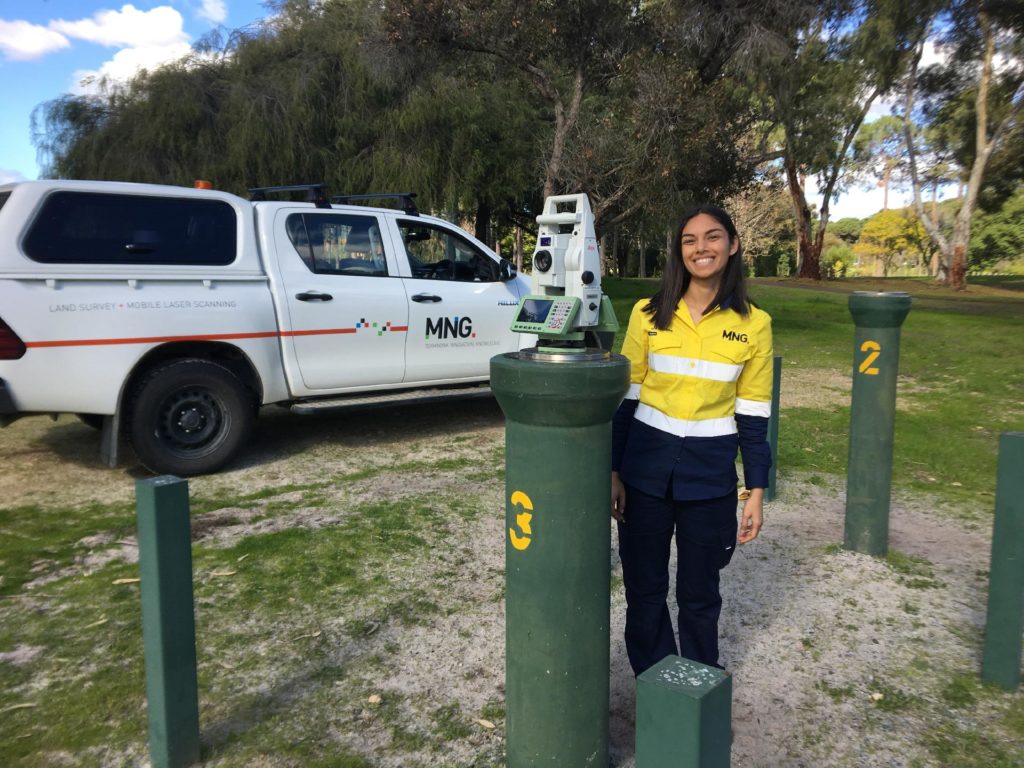

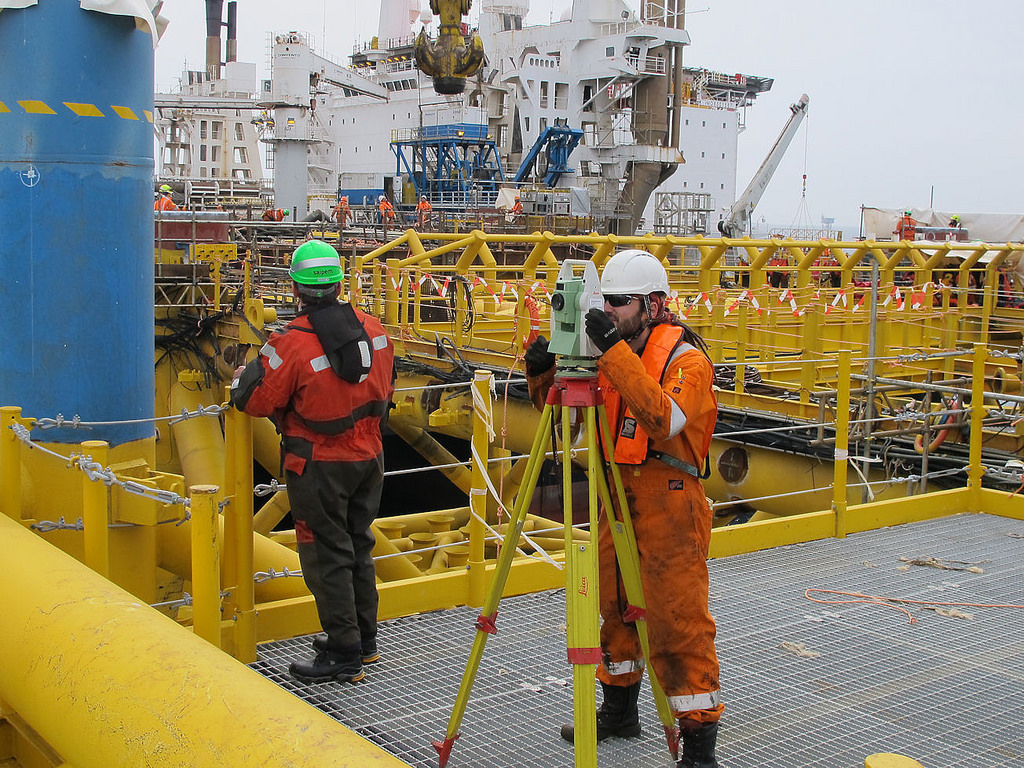
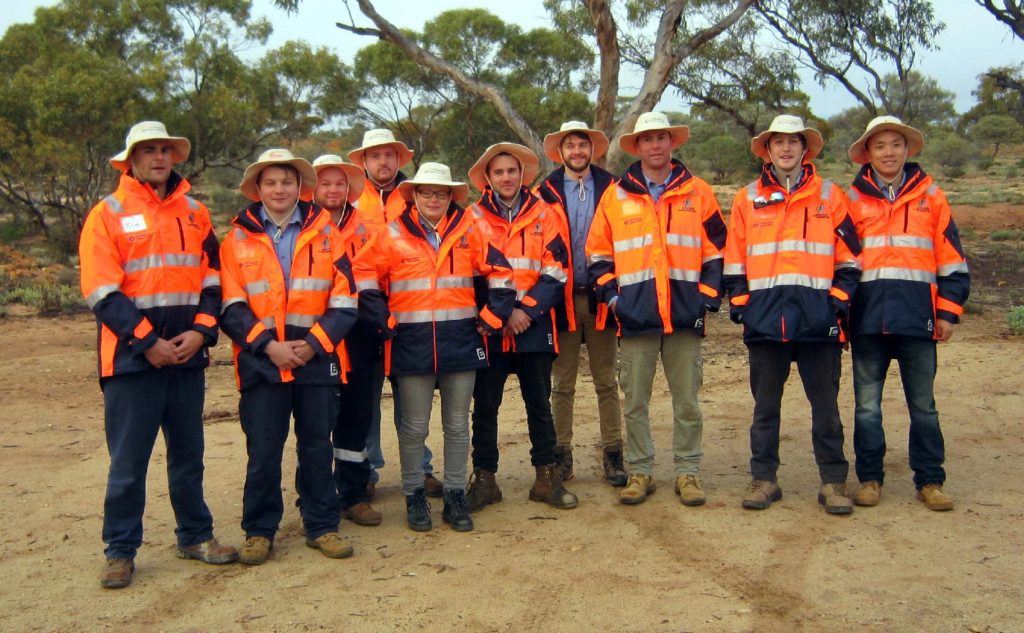
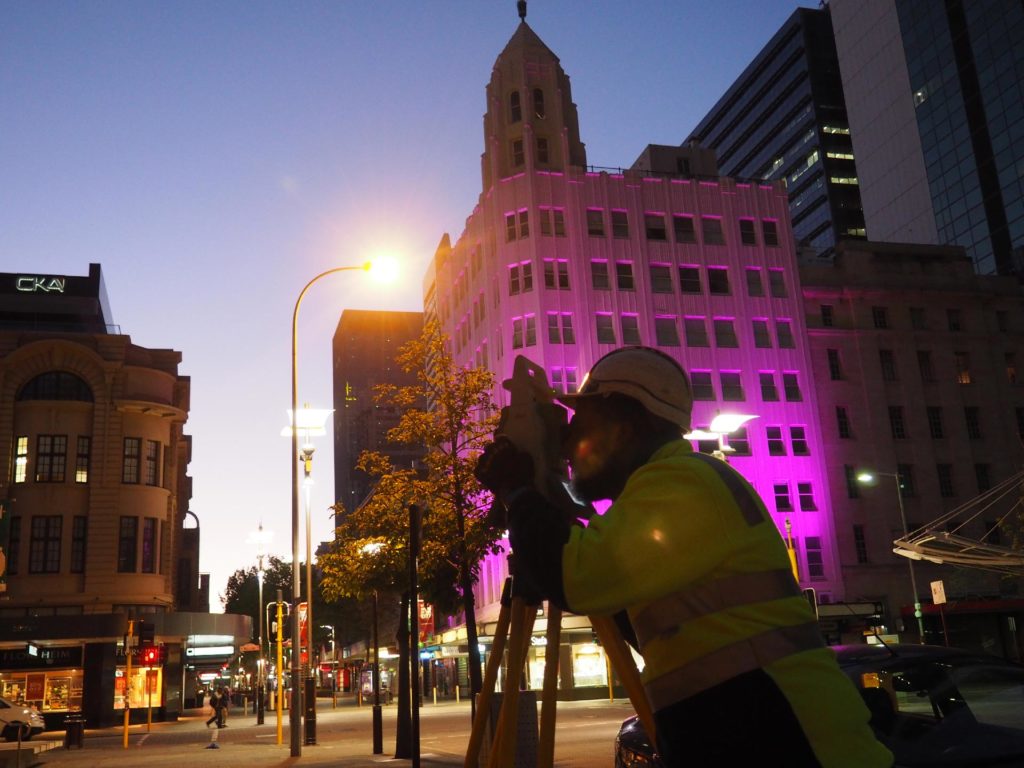
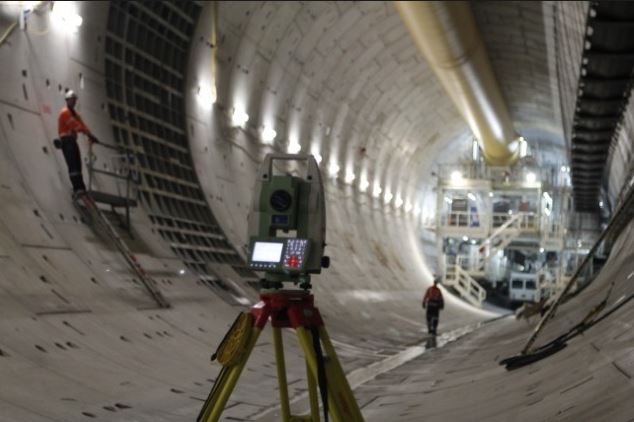
Surveying Career Information
A Life Without Limits
A Life Without Limits is a national project promoting the profession of surveying in Australia.
Surveying Courses
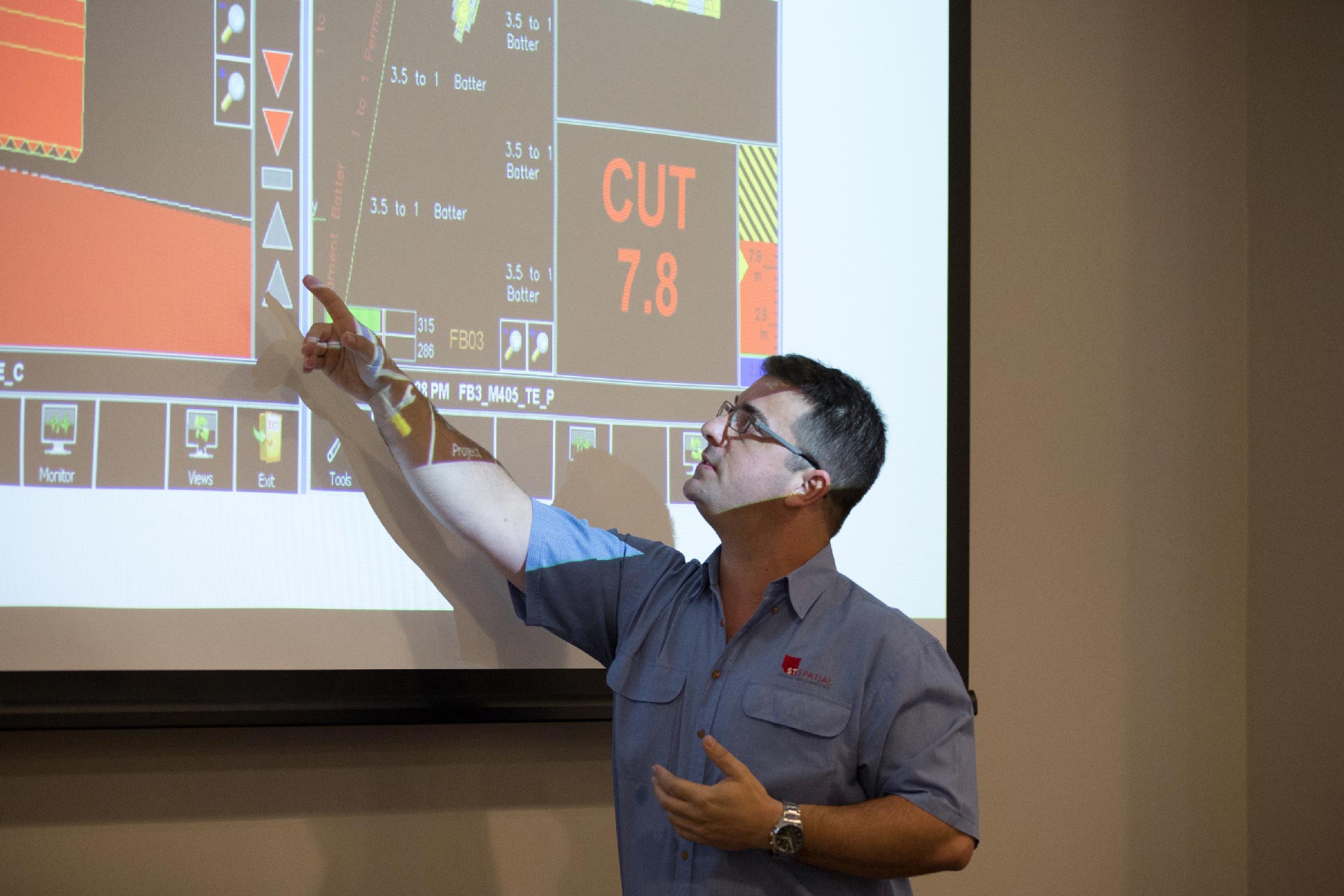
Bachelor of Surveying
Curtin University offers a Bachelor of Surveying at their Bentley Campus
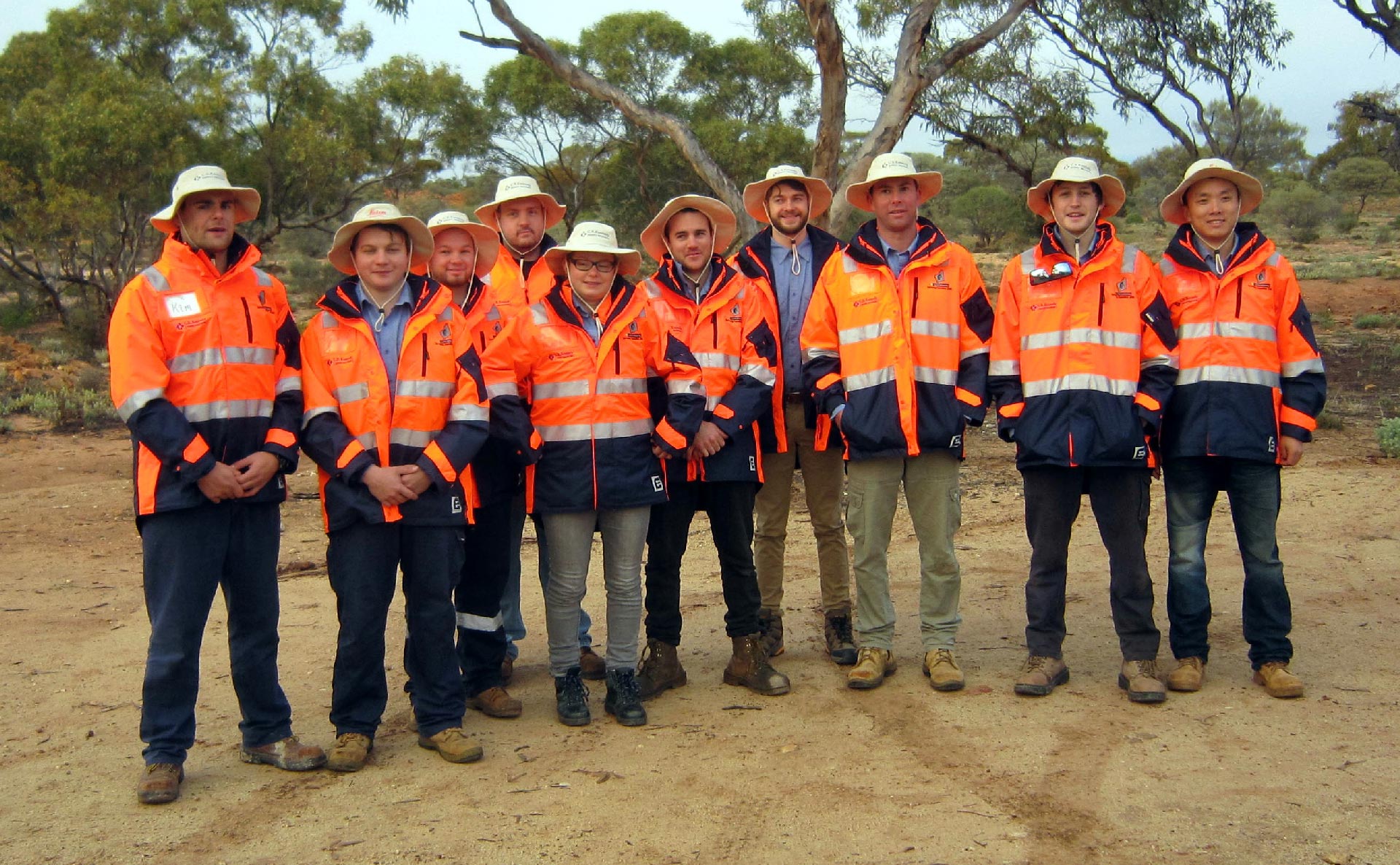
Advanced Diploma of Surveying
Study for an Advanced Diploma of Surveying at TAFE WA.
